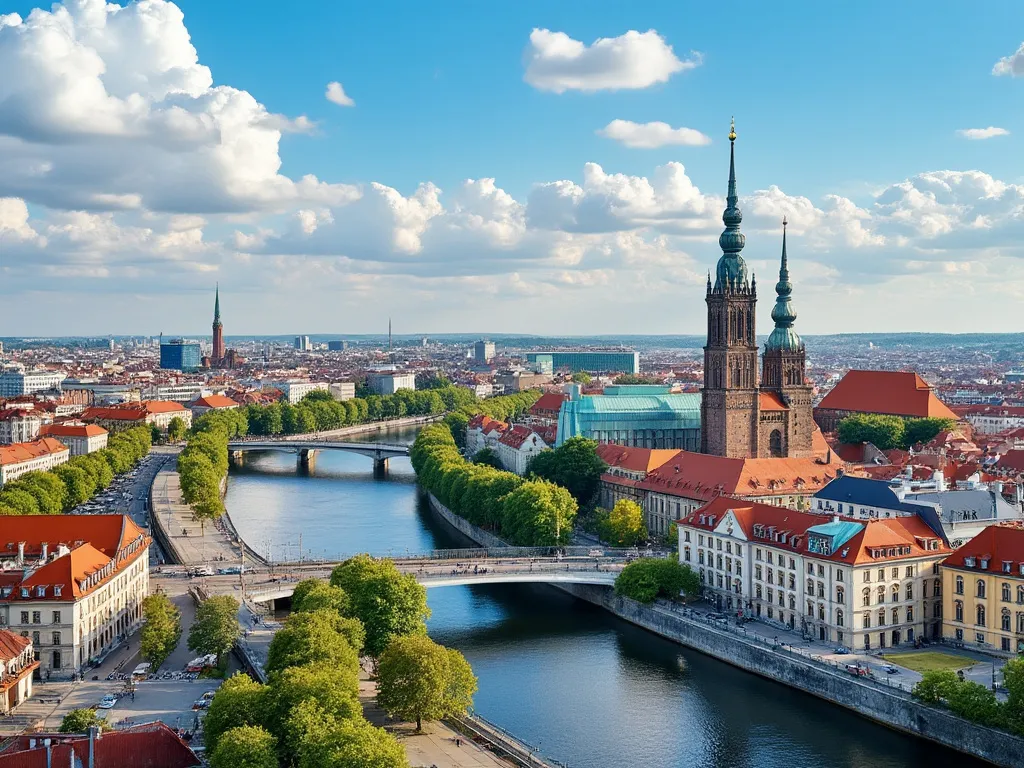
Riga, the capital city of Latvia, is a stunning example of Art Nouveau architecture and a treasure trove of cultural and historical landmarks. Strategically located at the mouth of the Daugava River, Riga has been an important trade and cultural center for centuries.
Riga information
| Country | 🇱🇻 Latvia |
| Population | 696,618 |
| Coordinates | 56.95° N, 24.10° E |
| Area | 307.17 km² |
| Climate | Humid continental climate |
| Language | Latvian |
| Currency | Euro (€) |
| Time zone | Eastern European Time (EET) |
| Proximity to other major cities | Tallinn (310 km), Vilnius (420 km), Stockholm (530 km) |
Interesting facts about Riga
- Riga is home to the world's narrowest street, Troksnu iela, which is just 1.2 meters wide.
- The city's famous Central Market is one of the largest and most impressive in Europe.
- Riga is home to the iconic Freedom Monument, a symbol of the country's struggle for independence.
Tourist attractions in Riga
- The Riga Old Town, a UNESCO World Heritage Site, with its picturesque streets and historic landmarks.
- The Riga Art Nouveau Museum, showcasing the city's stunning architectural heritage.
- The Latvian National Museum of Art, featuring a vast collection of Latvian art.
- The Riga Central Market, a bustling hub of food, crafts, and local produce.
Historical background of Riga
Riga was founded in 1201 by German merchants, who established the city as a trading post. Throughout its history, Riga has been influenced by various cultures, including the Hanseatic League, the Polish-Lithuanian Commonwealth, and the Russian Empire. In 1918, Riga became the capital of the newly independent Latvia.
Geographical location of Riga
Riga is situated in the central part of Latvia, at the mouth of the Daugava River. The city's unique location has made it an important hub for trade and commerce. Riga is surrounded by the scenic Baltic Sea coastline and is close to the Gulf of Finland.
Cultural significance of Riga
Riga is renowned for its stunning Art Nouveau architecture, with over 800 buildings designed in this style. The city's historic center, a UNESCO World Heritage Site, is a testament to its rich cultural heritage. Riga is also home to numerous museums, galleries, and performance venues, showcasing the country's rich artistic and cultural traditions.
Economic importance of Riga
Riga is the economic and financial hub of Latvia, accounting for a significant share of the country's GDP. The city is home to several major industries, including manufacturing, finance, and logistics. Riga's port is one of the busiest in the region, connecting the city to international trade routes.
Conclusion on Riga
Riga, the capital city of Latvia, is a must-visit destination for anyone interested in history, culture, architecture, and the arts. From its stunning Art Nouveau architecture to its vibrant cultural scene, Riga is a city that will captivate and inspire. With its rich history, cultural landmarks, and friendly locals, Riga is an ideal destination for tourists, entrepreneurs, and culture enthusiasts alike.
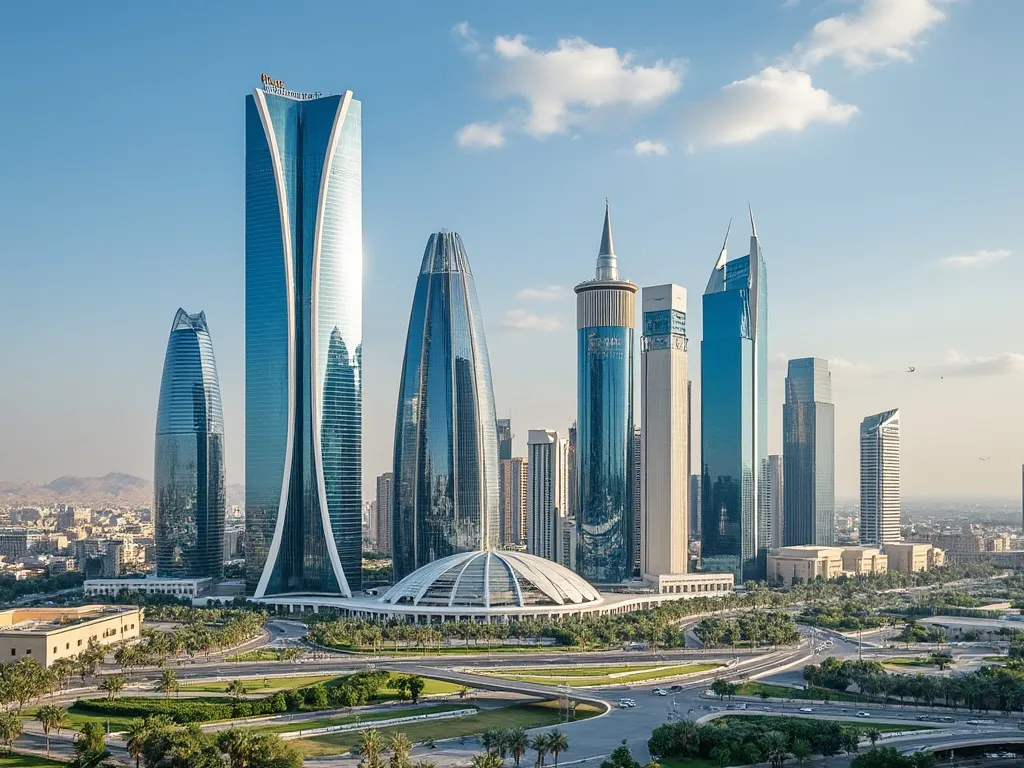 Riyadh
Riyadh
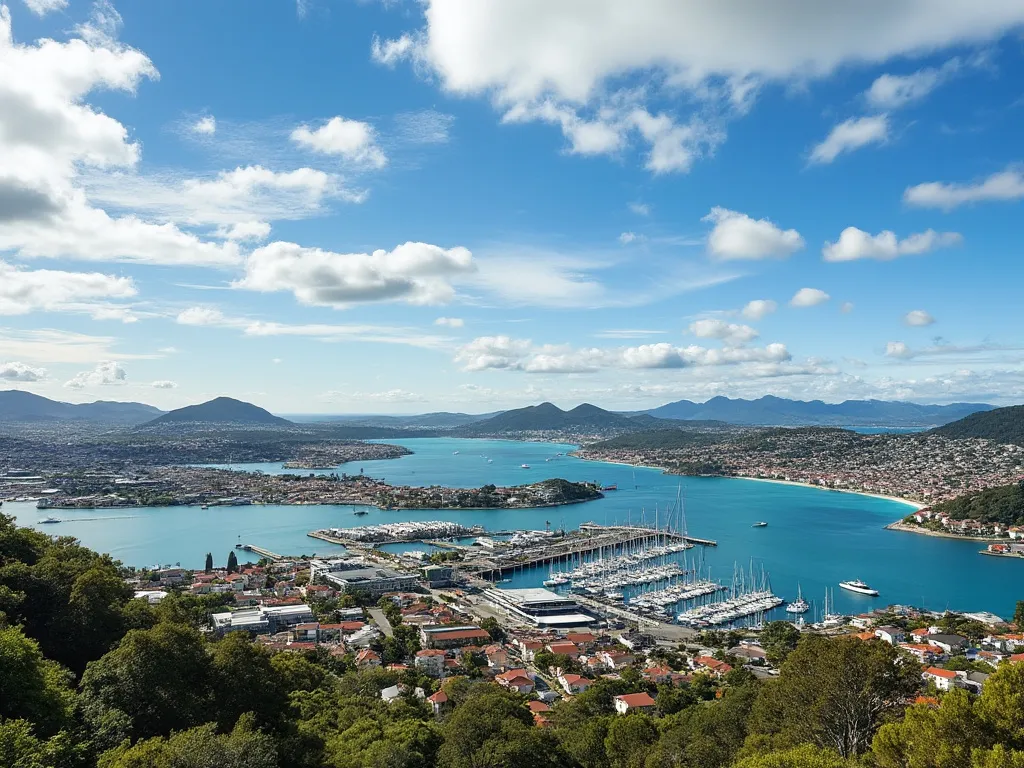 Road Town
Road Town
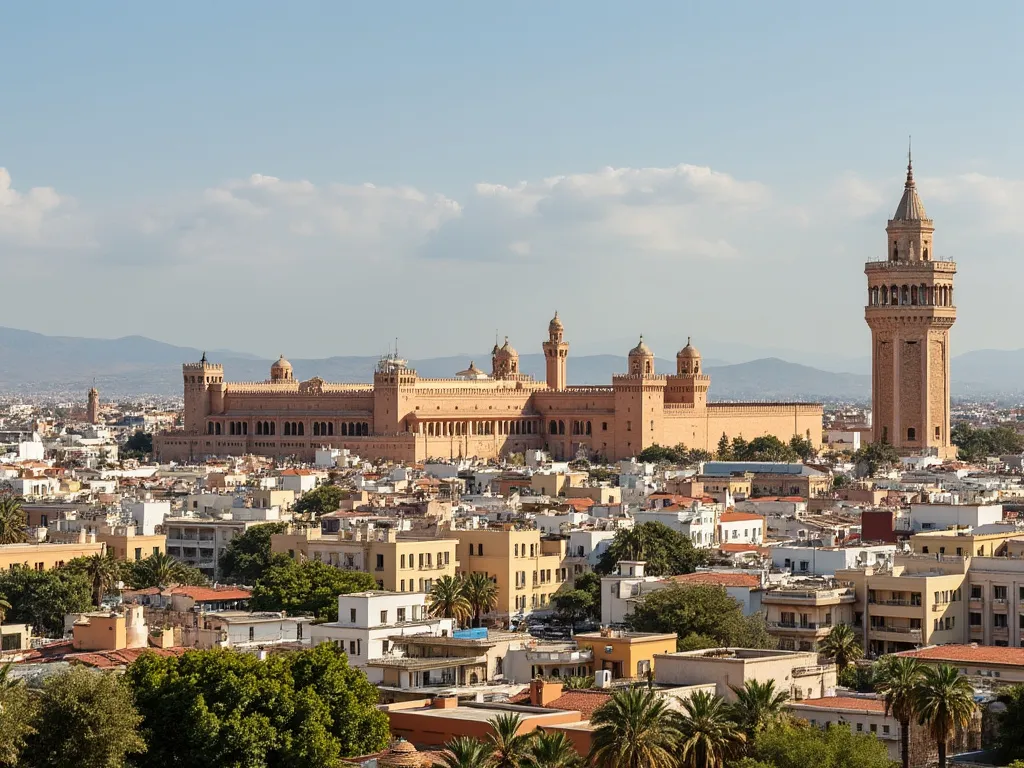 Rabat
Rabat
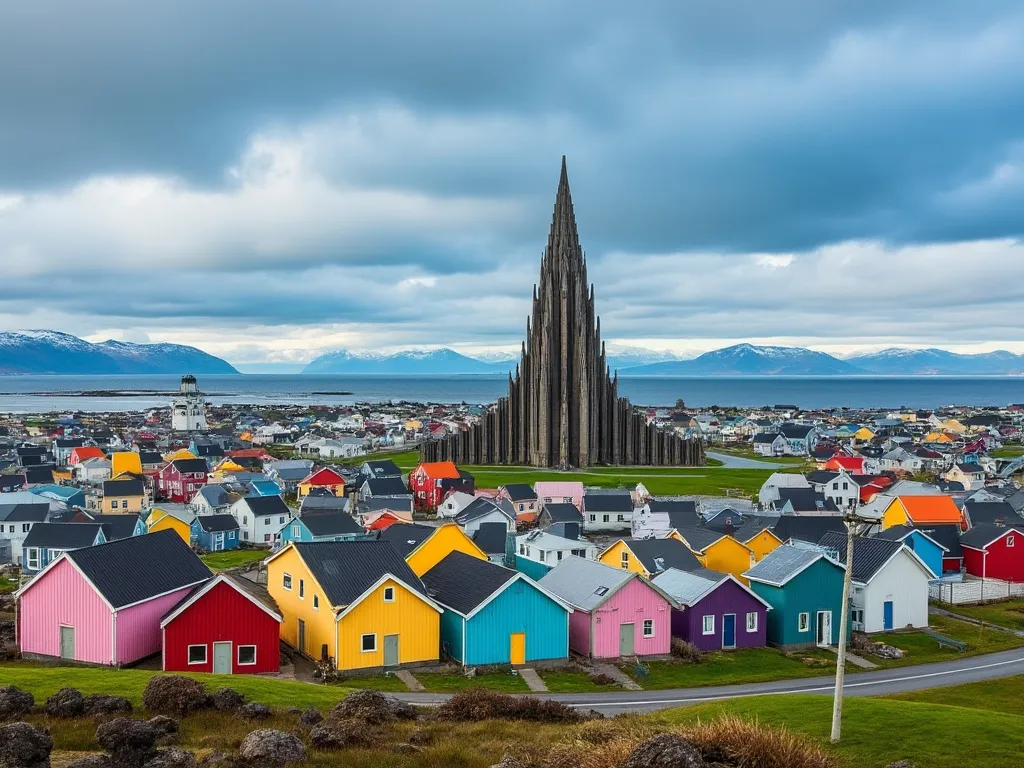 Reykjavik
Reykjavik